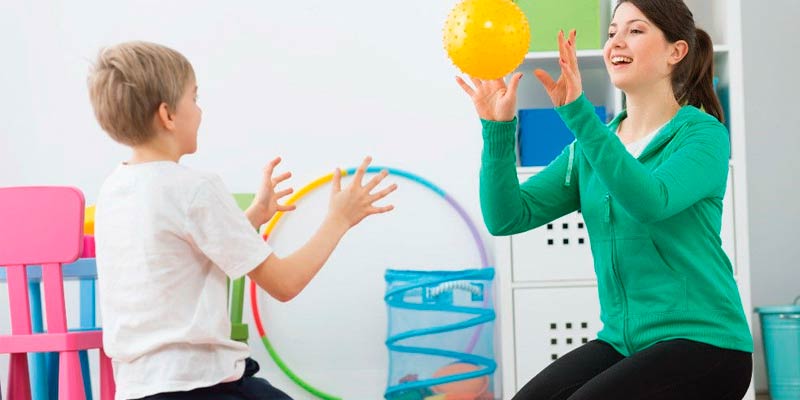How Effective Is Play Therapy?
Picture a child immersed in play, building towers with blocks, laughter echoing as they rebuild what they’ve knocked down. This simple act holds profound therapeutic potential. Play therapy, harnessing the language of children, offers a unique avenue for addressing mental health challenges. But how impactful is play therapy, and what transformations can it trigger in a child’s life?
TL;DR:
Play therapy is an evidence-based approach that uses play as a medium for children to process emotions, build coping skills, and support mental health. Rooted in psychoanalytic and attachment theories, it has proven effective in addressing trauma, anxiety, depression, behavioral challenges, and developmental delays. Success depends on therapist expertise, trust-building, adherence to evidence-based methods, and consistent, customized sessions. Adaptable to all ages, it supports preschoolers through creative arts, school-age children with structured games, and adolescents with expressive activities. Widely applied in private practice, schools, hospitals, and community centers, play therapy fosters emotional regulation, social skills, and overall well-being through collaboration with caregivers and professionals.
Get started with fun therapy games!

Unraveling the Foundations of Play Therapy
Grounded in psychoanalytic and attachment theories, play therapy taps into children’s innate need for expression and connection. It provides a safe haven for processing emotions, developing coping mechanisms, and navigating life’s complexities. Tailored to each developmental stage, play therapy adapts techniques to suit a child’s evolving needs.
Research-backed Effectiveness of Play Therapy
A robust body of research underscores play therapy’s efficacy across various domains:
- Trauma: Facilitating healing from adverse experiences like abuse or loss.
- Anxiety and Depression: Equipping children with tools to manage overwhelming emotions.
- Behavioral Challenges: Unraveling underlying causes and fostering positive coping strategies.
- Developmental Delays: Supporting holistic development in children facing delays.
Studies reveal enhancements in emotional regulation, social skills, and overall functioning post-play therapy.
Factors Influencing Play Therapy Success
Several factors shape the effectiveness of play therapy interventions:
- Therapist Expertise: Skillful practitioners adept in child development and play therapy techniques.
- Therapeutic Alliance: Building trust and rapport to create a conducive healing environment.
- Adherence to Evidence-based Models: Ensuring fidelity to proven play therapy approaches.
- Session Consistency and Customization: Regular sessions tailored to individual needs and cultural backgrounds.
Tailored Benefits for Different Age Groups
Play therapy caters to diverse developmental stages:
- Preschoolers: Using creative arts for emotional expression and social interaction.
- School-age Children: Structured games aid in problem-solving and social skill development.
- Adolescents: Incorporating expressive activities to navigate identity and peer dynamics.
Integration into Clinical Practice
Play therapy finds application in various settings:
- Private Practice: Specialized therapists offer tailored services to children and families.
- Schools and Hospitals: Supporting emotional well-being in educational and healthcare settings.
- Community Mental Health Centers: Extending services to underserved populations, fostering inclusivity.
Collaboration with caregivers, educators, and mental health professionals ensures holistic support and ethical practice in play therapy, enriching the lives of children and families alike.
Key Takeaways
- Play therapy uses play as a therapeutic tool, helping children express emotions, develop coping skills, and navigate challenges in a safe environment.
- Research shows it is effective for trauma recovery, managing anxiety and depression, addressing behavioral issues, and supporting developmental delays.
- Success depends on therapist expertise, strong therapeutic relationships, use of evidence-based approaches, and consistent, personalized sessions.
- Benefits vary by age: preschoolers gain emotional expression through arts, school-age children improve problem-solving and social skills through games, and adolescents use expressive activities to explore identity and peer dynamics.
- Play therapy is applied in private practices, schools, hospitals, and community mental health centers, with collaboration among caregivers and professionals ensuring comprehensive support.
- Overall, play therapy improves emotional regulation, social skills, and overall functioning, enhancing children’s well-being and development.
